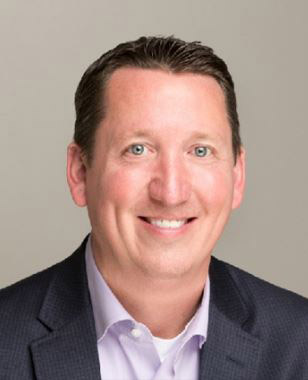Bugs might be waiting for snowbirds
By Matt Rogers
Having a winter home in a southern climate can be an attractive alternative to spending months indoors as temperatures fall below zero and snow piles up. A second home also requires more maintenance, and because they are not at both of their residences year-round, snowbirds can discover that small issues have grown into big problems when they arrive at their winter homes this fall.
Extreme heat and high levels of rainfall that many southern states experienced last summer created ideal breeding grounds and increased insect activity. Ants, mosquitos, roaches, and other insects spent the summer growing their populations and finding cool, dark places inside snowbirds’ homes to build nests and thrive. Treating pest problems as soon as they’re discovered and taking proactive measures to protect against future infestations can help snowbirds ensure their homes remain welcoming to them but not for bugs.
First, inspect the home closely for any insect activity that has occurred while no one was living there. Check places that are particularly attractive environments for bugs, such as under sinks, in bathrooms, basements, and near any water sources. Use glue traps to trap any insects currently in the home. Seal the entry point where the bugs were entering the home. Clean and remove any insect droppings or nests from the area.
Even if no insect activity is detected, one of the first home maintenance chores should be safeguarding the home against future pest problems. Begin by checking window and door seals and screens to ensure there aren’t any gaps or breaks where bugs can enter. Insect the garage door seal, as well. Use a brush to remove any spider webs or other insect nests from window frames and under porches and rooflines. Check the foundation of the home for signs of termite activity, and if any tubes are spotted, contact a pest-control professional. Check plumbing for drips and repair them as needed.
Shrubs, trees, and grass should be cut short and away from the home, so no branches are touching the structure and creating easy access ways for bugs. Clean up any debris that might have collected in the yard and eliminate any fountains, structures, or grandchildren’s toys that can cause water to pool.
Finally, treat the perimeter of the home with a professional-grade insecticide. The most important feature to look for when selecting a pest treatment is a product that insects carry back to nests with them. Compared to a product that simply kills on contact, a treatment that insects carry back is more effective because the problem is being treated at the source. Also, always take care to only apply insecticides on the foundation of the home, around windows and doors, and on hardscapes. Avoid spraying flowering plants and shrubs to help protect pollinators.
Matt Rogers is chief executive officer of Pestie, a pest-control company.

